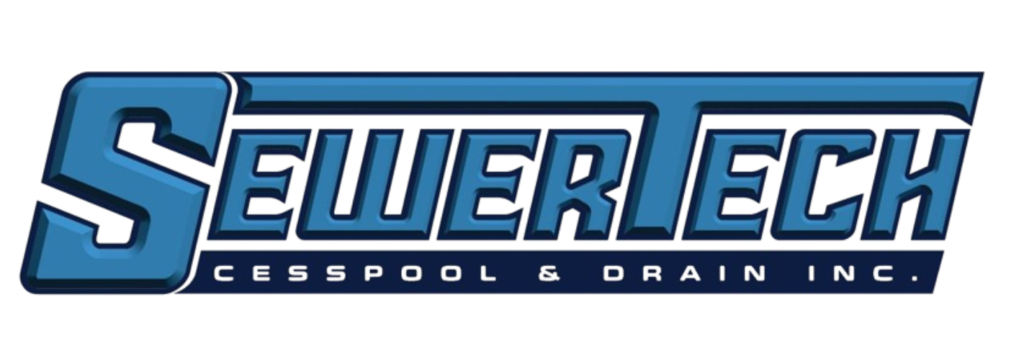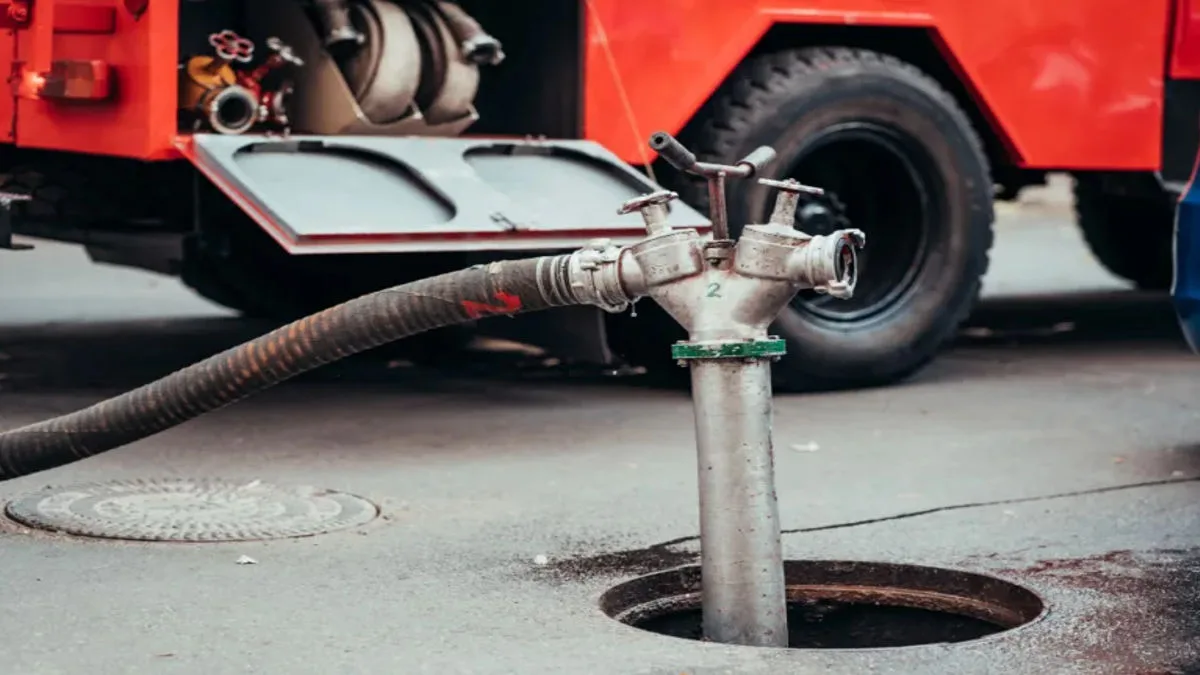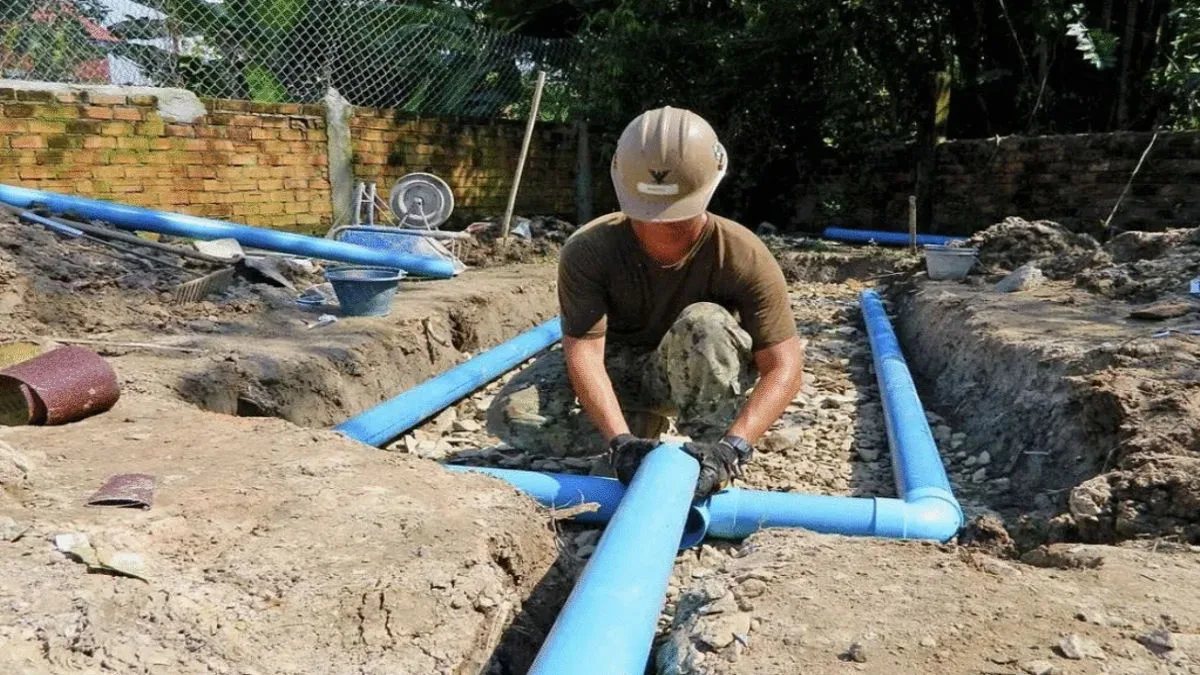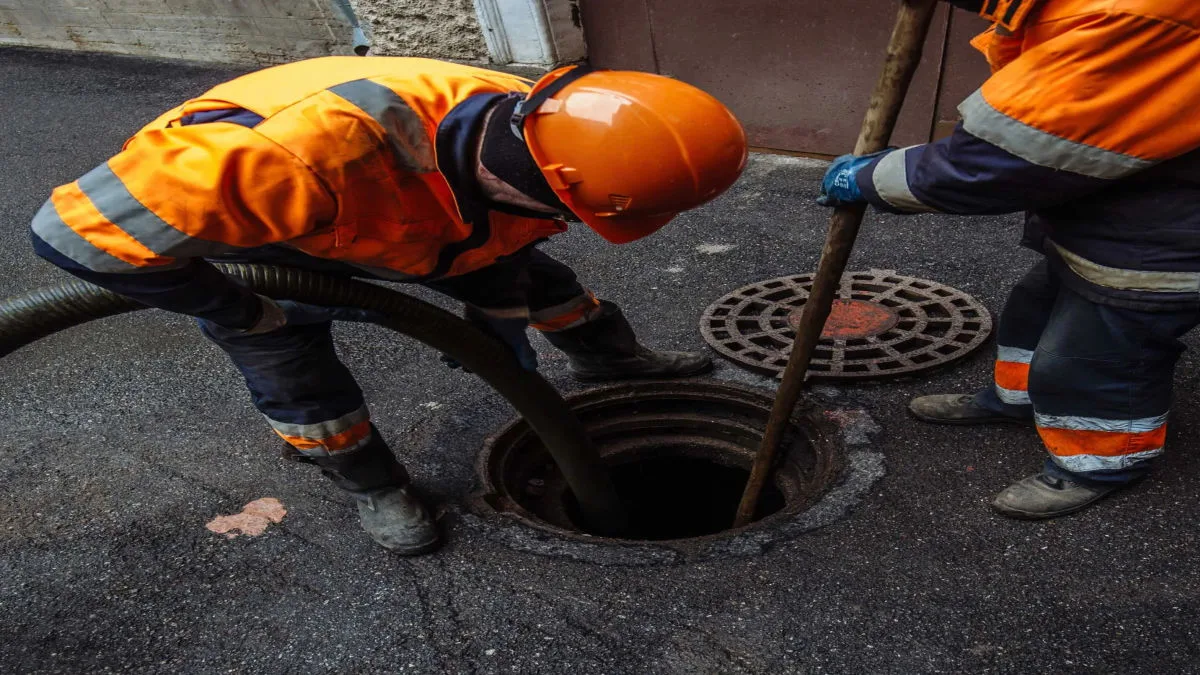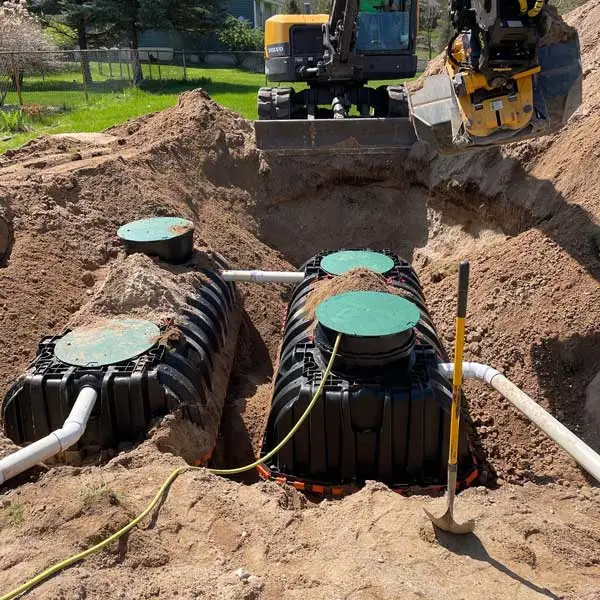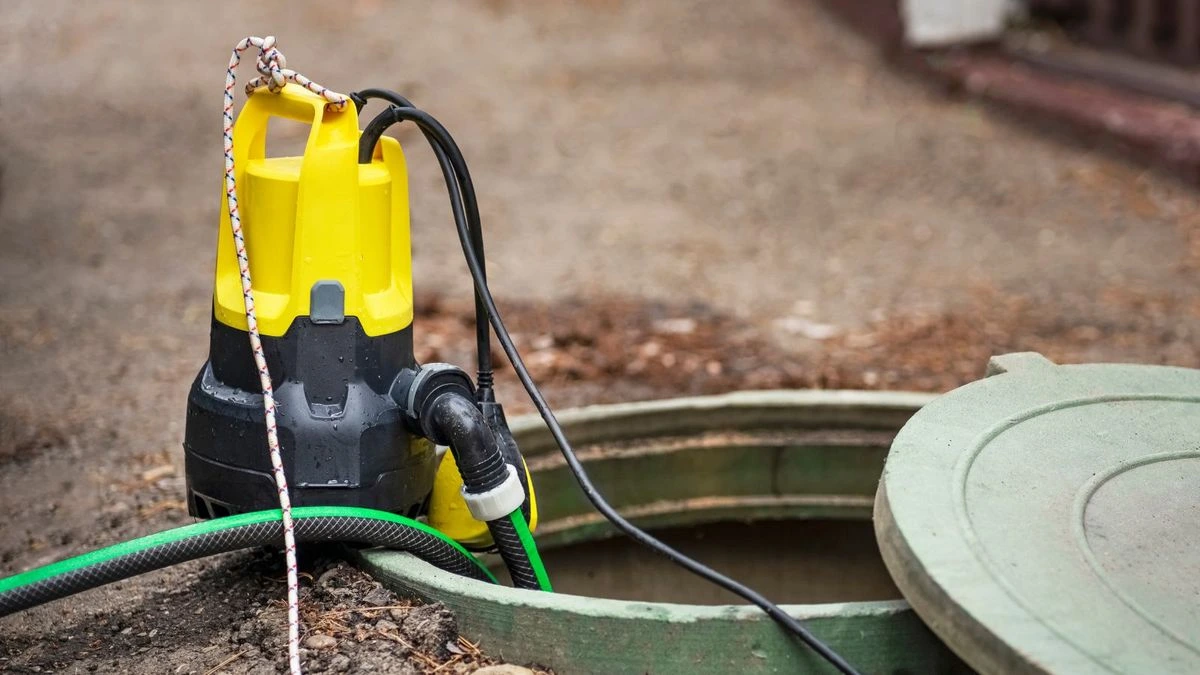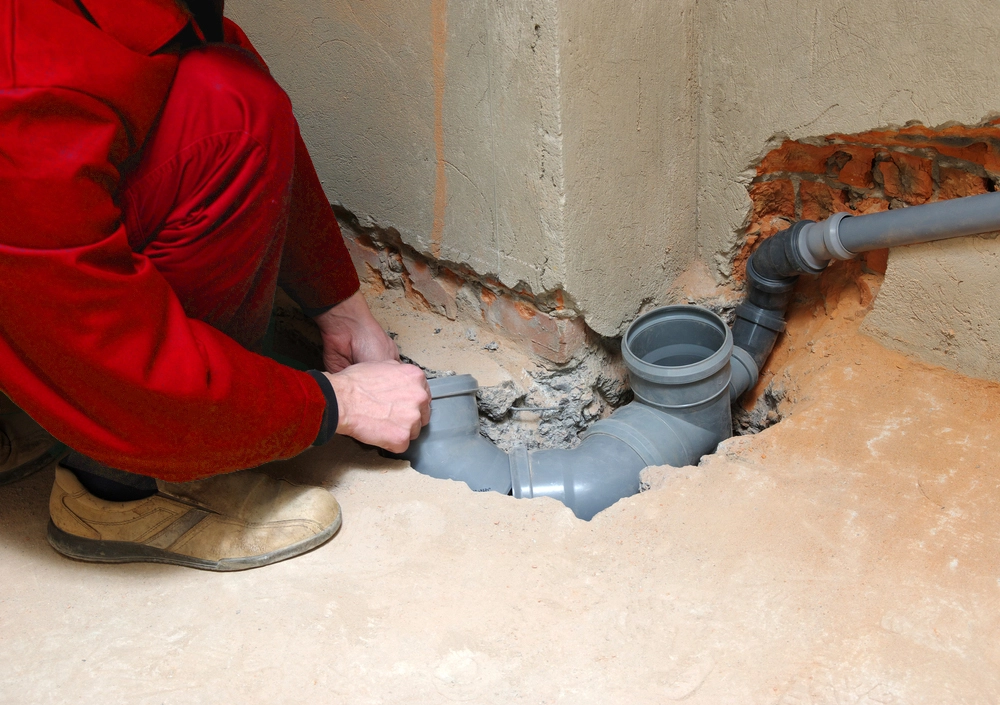Septic tanks are the better choice for Long Island homes. If you’re wondering about cesspool vs septic tank Long Island, septic systems treat waste, protect groundwater, and need less maintenance than old cesspools.
Cesspools just let liquids soak into the soil while solids sit at the bottom. Over time, they can clog, back up, or even collapse, and untreated waste can harm Long Island’s drinking water. In contrast, septic tanks separate solids, filter wastewater, and send cleaner water to the drain field, keeping your home and the environment safer. Both systems handle wastewater, but the differences lie in their operational processes, environmental impact, costs, maintenance, and compliance with legal requirements.
At SewerTech LI, we guide homeowners through every step, from pumping and maintenance to installing advanced septic systems. With our help, you can make the right choice for your home, stay compliant with Suffolk County rules, and enjoy peace of mind knowing your wastewater system works safely and efficiently.

What Is a Cesspool?
Ever wonder where everything goes after it swirls down the drain? If your home uses a cesspool, all that water and waste ends up in a simple underground pit, kind of like a hidden storage hole with no way out. The liquid slowly soaks into the surrounding soil. The solids? They just sit at the bottom. Forever. The trouble is, a cesspool doesn’t treat or clean anything. It’s just a temporary holding spot. And over time, it can clog, overflow, or even collapse.
But here on Long Island, it’s a water quality crisis. Our drinking water comes from the same ground these old pits leak into. What seeps out of the cesspool doesn’t disappear. It becomes part of our water. That’s why Suffolk County is encouraging homeowners to upgrade to modern septic systems.

What Is a Septic Tank?
A septic tank is your property’s very own, super-smart water cleaning system, working quietly underground. All that water from your house flows into the tank. Once there, it does a nifty little separation dance. The heavy stuff (think: solids) drops to the bottom. The lightweight stuff (oils and grease) floats to the top. And the water in the middle? That’s the good stuff. It gets to travel out to the drain field, where the soil acts as a final, natural filter.
This is what makes it so much better than an old cesspool, which just leaks everything out. A septic tank actually treats the water first, which is a big win for our local environment.
But here’s the key. It’s not a “set it and forget it” deal. Every few years, you gotta call someone like us to pump out the gunk that builds up. It’s a quick bit of upkeep that keeps your system happy, prevents nasty backups, and does right by our community’s water.

Cesspool vs. Septic Tank: Key Differences
How They Work
Ever wonder what happens to all the wastewater from your home? If you have a cesspool, it’s basically dumped into a big underground pit where liquids slowly soak into the soil and solids settle at the bottom. That’s it. No treatment, no magic, just “out of sight, out of mind.” A septic tank works differently. It separates solids, grease, and liquids, then sends the cleaner water to a drain field where the soil does the rest of the filtering. Think of it as giving your wastewater a proper “spa treatment” before it returns to the ground.
Treatment and Environmental Impact
Here’s the kicker: cesspools don’t filter anything. That means bacteria and nitrogen can leak straight into Long Island’s groundwater. Yikes, considering that’s where we get our drinking water! Septic tanks, on the other hand, reduce contaminants and nitrogen levels, making them far kinder to the environment.
Maintenance and Lifespan
Cesspools are high-maintenance troublemakers. They clog, fill up fast, and can even collapse, especially in sandy Long Island soil. Septic tanks? They’re a lot more forgiving. With a pump every few years and a little TLC, they can keep running smoothly for decades.
Costs
Sure, a cesspool might seem cheaper to install, but between constant pumping and repairs, it can end up costing you more than you’d think. Septic tanks require a bigger upfront investment, but they pay off in the long run thanks to better efficiency and fewer emergencies.
Local Laws & Regulations in Suffolk County
Suffolk County has new rules about home wastewater systems to protect Long Island’s drinking water and beaches. The main goal is to reduce pollution from old systems. You can no longer install a new cesspool in Suffolk County.
This applies to:
- New home construction
- Home additions (like adding bedrooms)
- Major renovations
- When old systems fail
Instead, you’ll need an advanced septic system (I/A system). These remove up to 70% of nitrogen pollution, are more reliable, and must be installed by certified pros.
The good news is the county offers grants up to $30,000. Free money, not loans, to cover design, permits, and installation. Many homeowners near waterways qualify.
Upgrading means a cleaner environment, higher property value, and fewer headaches. If your cesspool is still in place, now’s the time to see if you qualify for grant funding and make the switch. We can help you understand the process and connect you with certified installers.
Signs It’s Time for Service or Replacement
You know that feeling when your car starts making a weird noise? Your septic system gives you those same little warnings. Learning to spot them can save you from a real disaster down the road.
- Your Yard Is Telling Secrets
Notice one spot of your lawn that’s weirdly green and squishy? Or maybe there’s a smell near that area that’s… not exactly flowers? That’s often a sign that something’s not right underground. Your yard shouldn’t feel like a wetland!
- Listen to Your Drains
If every sink and toilet in the house is draining more slowly than usual, or you hear glug-glug sounds when you flush. Your system is whispering for help. It’s like when your sink gets clogged, but for your whole house.
- The Nose Knows
If you’re catching a whiff of sewage near your drains or outside, don’t ignore it. That’s not just a bad smell. It’s a red flag waving right under your nose.
- The Ultimate Red Flag: Backups
If water (or worse) comes back up into the tub or sinks, that’s your system shouting. Time to call for backup before things get messy.

Cesspool vs Septic: Which System Is Better for Long Island Homes?
A modern septic system, specifically an advanced nitrogen-reducing one, is the clear winner. It’s like comparing a flip phone to a smartphone. Both technically make calls, but one is fundamentally smarter, more efficient, and built for the future.
Cesspools are outdated, not allowed in new homes, and honestly, they’re a big part of our water pollution problem. They just can’t handle what we need from them today.
Why a Modern Septic System is the Right Choice
Think of it this way: upgrading isn’t just about following new rules. It’s about making a smart investment.
For Your Home: A new system boosts your property value and gives you peace of mind. No more worrying about surprise backups or a failed inspection when you try to sell.
For Your Wallet: With Suffolk County’s grant program covering up to $30,000, the upgrade is often far more affordable than you think. It turns a big project into a smart move.
For Long Island: This is the big one. Choosing a cleaner system means you’re directly helping to protect our beaches, our shellfish, and our drinking water.
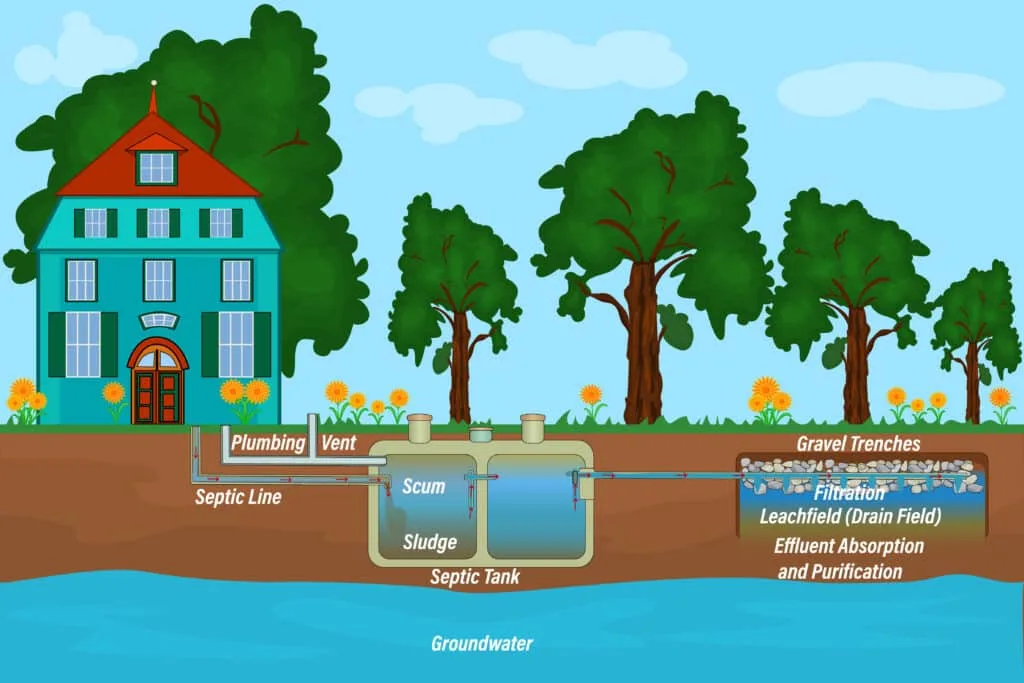
FAQs – Cesspool vs Septic in Long Island
1. Are cesspools still allowed in Suffolk County?
No. Since 2019, you can’t install new cesspools in Suffolk County. If an old cesspool fails, it must be replaced with a modern septic or advanced treatment system. This helps keep Long Island’s water clean.
2. How can I tell if my cesspool needs replacing?
Watch for slow drains, bad smells in your yard, standing water, or sewage backing up inside your home. Any of these signs means it’s time to call a professional.
3. What is an I/A septic system, and why do I need one?
An I/A system is a modern septic system that cleans wastewater better than old cesspools. It can remove up to 70% of harmful nitrogen. Suffolk County now requires these systems for new homes, major renovations, or replacing failing systems.
4. Can I get help paying for a new system?
Yes. Suffolk County offers grants and low-interest loans to help homeowners upgrade their wastewater systems. Most single-family homes near waterways qualify, and the money can cover design, installation, and permits.
Closing Note
When thinking about cesspool vs septic tank Long Island, it really comes down to safety, reliability, and protecting our water. Cesspools are old systems that need lots of maintenance, while septic tanks are cleaner, more efficient, and built to last.
At SewerTech LI, we make it easy for homeowners to keep their systems running smoothly or upgrade to modern septic solutions. From pumping to full installation, we guide you every step of the way. Don’t wait for a problem to pop up. Take care of it today and keep your home and water safe.
Trust your home to Long Island’s local experts. Call SewerTech LI today for septic and cesspool services.
Read Our Latest Blogs
- How Does a Cesspool Work? A Simple Guide for Suffolk County Homes
- Septic System Installation Cost: What Impacts the Price and What to Expect
- Cesspool vs Septic System: What Long Island Homeowners Need to Know Before Choosing
- How Much Does a Septic System Cost in 2025? What to Expect
- How Often to Pump Septic Tank? Don’t Wait Until It’s Too Late
